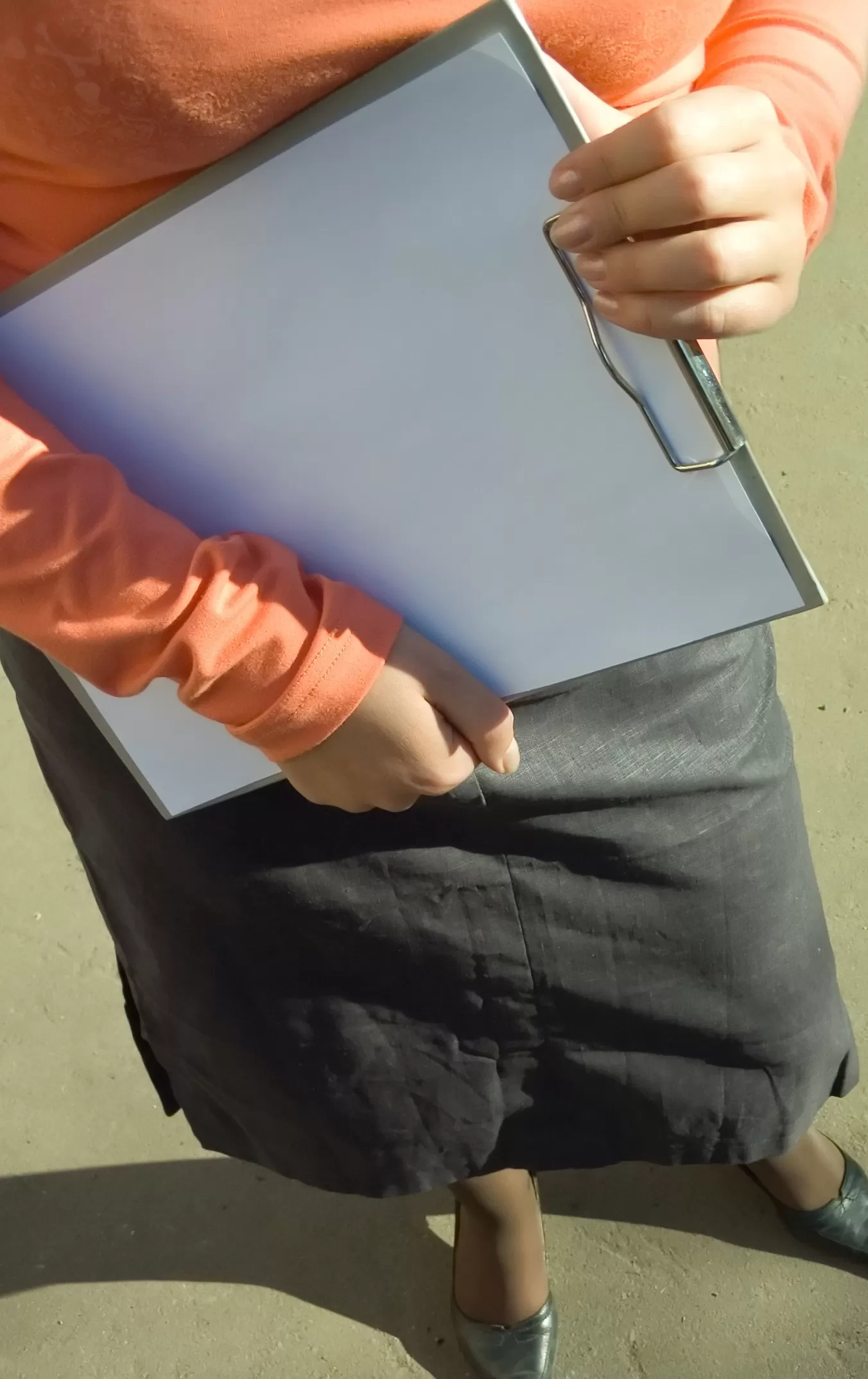Yesterday, I was fortunate to have spent some time on the Bethesda campus of the NIH, meeting with focus groups of trainees to discuss the new OITE website. While the trainees shared some ideas for improving the site, the feedback was overwhelmingly positive--so I encourage you to check out the site if you haven't done so already! While there, one of the postdocs I met (a brave soul) volunteered to have his resume CHOPPED today. Below is his resume (minus identifying information) and my comments in red. (And you should know that he, not I, chose the alias at the top of the document.)
_________________________________________
Indie Bubba Ph.D. 12345 Anywhere Avenue Somewhere, MD 20896 Email: [email protected] Work Phone: (xxx) xxx-xxxx Mobile: (xxx) xxx-xxxx Home Phone: (xxx) xxx-xxxx CORE COMPETENCIES
- Working knowledge in due diligence and evaluation of technology for commercialization.
- Three years of experience in executing Material Transfer Agreements (MTA) at NIH/NIAAA.
- Understand the rules and regulations governing non-commercial federal technology transfer.
- Completing the final semester of technology transfer certificate program.
- Highly motivated, detail oriented professional, with excellent interpersonal skills.
- Excellent project management and customer relationship skills.
- Expertise in a wide range of disciplines in life sciences such as: molecular biology, cardiovascular development, cell biology, biochemistry, multi-photon and confocal microscopy.
This is a nice way to open a resume. His skills and experience with technology transfer jump off the page from the start and should grab the attention of an employer hiring in this field. PROFESSIONAL EXPERIENCE 2009- Present Internship at GAP BioLife Fund at the Center for Innovation in Technology in Herndon, VA. Listing dates worked or graduation dates on the right-hand side is more effective than listing on the left, as employers will be looking for the most important information--like position title or degree earned--first. Technology Commercialization Experience
- Evaluate business plans for technology commercialization in different technologies.
- Perform due diligence on technologies being considered for investment which include market/technology research for competition, market size, patent searches, Pub-med literature, valuation, and other appropriate research.
2003-Present Research Fellow, Technology Transfer Liaison and FELCOM representative for NIAAA, Section on Cellular Biophotonics (SCBP), Laboratory of Molecular Physiology, National Institute on Alcohol Abuse and Alcoholism (NIAAA), Rockville, MD. Given the impressive amount of direct tech transfer experience that this candidate possesses, I would suggest replacing the above category entitled "Professional Experience" with a stand-alone "Technology Transfer Experience" category, and in it, I would list the experience at GAP BioLife Fund, the applicable experience at NIAAA, and his experience with the 2009 University Startups Conference and the Maryland Innovative Partnerships (see below under tech transfer activities). After this new category, I would create a "Research Experience" category wherein he might list his postdoctoral work. Technology Transfer Experience
- Promote and market at national meetings and workshops the use of technologies developed as a research fellow and effected tranfer of that technology to over 110 labs at academic institutions around the world.
- Coordinate all technology transfer activities of SCBP including working with scientists from non-profit organizations to help transfer intellectual property.
- Facilitate rapid approval of all legal documents by the NIAAA Technology Transfer Development Coordinator.
- Provide technical and customer support to recipients on the use and implementation of technologies.
- Developed three independent projects in the lab that resulted in 5 publications in high impact journals. In addition, 4 additional publications are at the pre-submission stage.
- Disseminated research through international meetings, workshops and manuscripts.
1996-2003 Post Doctoral Fellow, Program of Developmental Neurobiology, Institute of Molecular Medicine and Genetics, Medical College of Georgia, Augusta, GA.
- Developed transgenic and knockout mice to study cardiovascular development.
- Collaborated with renowned researchers involved in studying cardiovascular development and cardiac function.
- Trained and supervised graduate students, technicians and other postdoctoral fellows.
- Research resulted in 11 publications in peer-reviewed journals.
Excellent description here. Listing number of publications can be helpful in demonstrating accomplishments, completed work, etc. TECHNOLOGY TRANSFER RELATED ACTIVITIES I would change this category title to "Technology Transfer Training" and list the first three entries from Education (see below), followed by the NIH-OTT training and conference participation. Completed NIH-OTT online technology transfer training module. Volunteer Organizer at University Startups Conference 2009: "Creating Jobs and Powering Innovation With University Startups" An International Conference Dec 2009. Evaluated Business plans for Maryland Innovative Partnerships Dec 2009. Attended Mid Atlantic Bio conference Nov 2009. Attended LES (Maryland Chapter) monthly meetings since 2007. EDUCATION 2010 Certificate in Technology Transfer. FAES Graduate School at NIH 2009 PDS-100 Commercializing Technology through the Power of IP Licensing. Organized By LES-MD. 2009 Completed an 11 week WEBINAR COURSE on RESEARCHER COMMERCIALIZATION. Organized by the National Council of Entrepreneurial Tech Transfer. 1996 Ph.D. Biochemistry and Molecular Biology, University Of Georgia. I would add city and state here. 1987 M.Sc., Physical Chemistry, University of Bombay, India. 1985 B.Sc, Chemistry, University of Bombay, India. HONORS Post Doctoral Fellow Award; best oral presentation Award Graduate Research Day 2002. PROFESSIONAL MEMBERSHIPS Licensing Executive Society. Biophysical Society. TEACHING I would add the word "Experience" to this category title. Taught fluorescence microscopy at the workshop on FRET microscopy organized by Dr. Periasamy at the W.M. Keck Center for Cellular Imaging, University of Virginia, Charlottesville annually since 2006. COMPUTER SKILLS Microsoft Office Suite (Word, Excel, PowerPoint), Keynote, Adobe Acrobat, Photoshop and Illustrator. Bioinformatics/Scientific: Vector NTi, Sequencher, Prism, Igor, EnzymeX. CITIZENSHIP USA This category is not required to list and it may actually work against you if you do not have authorization to work in the U.S. permanently. REFERENCES Available on request Ok to close with this, but this category is also not required to list.
___________________________________________
Best of luck to our friend Indie Bubba in pursuing a career in technology transfer, and thanks again for being willing to have your resume CHOPPED!









